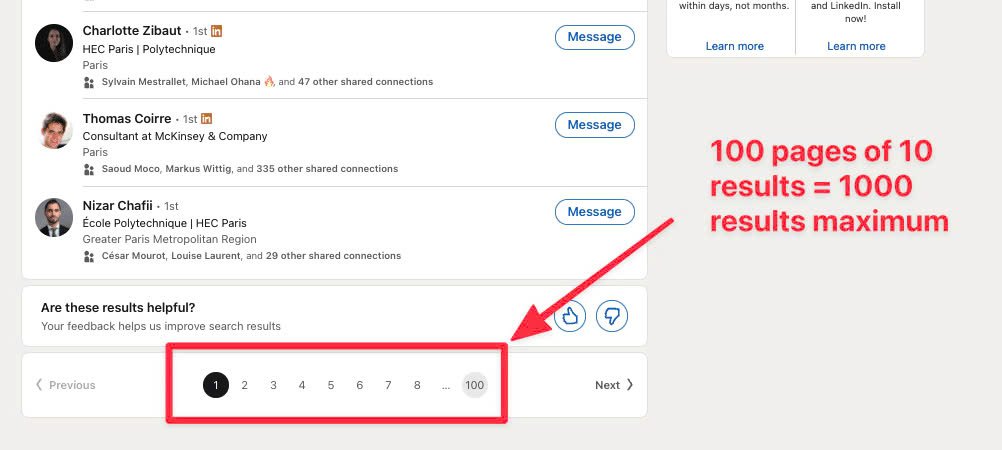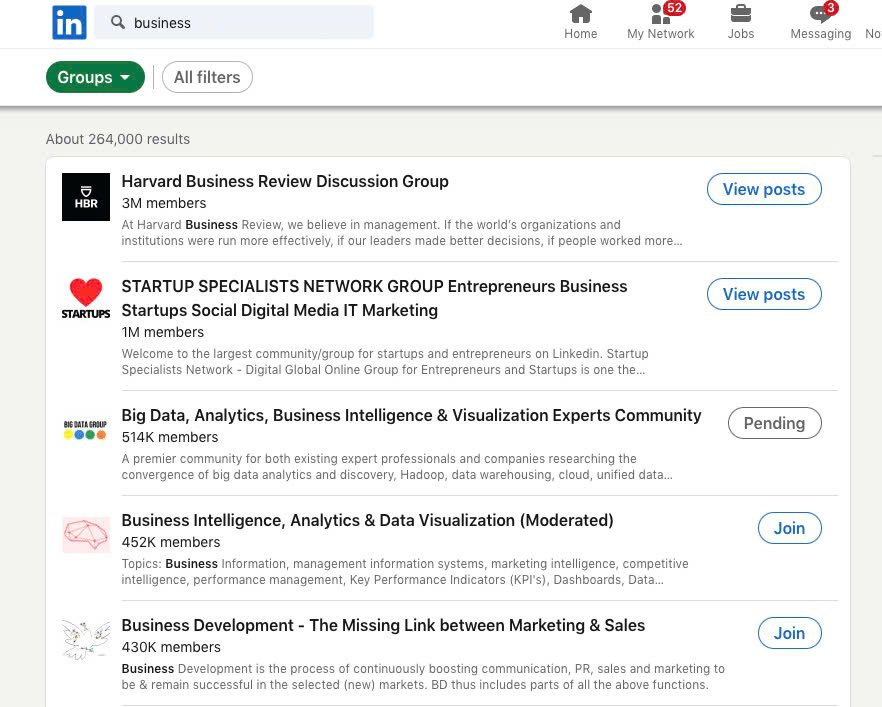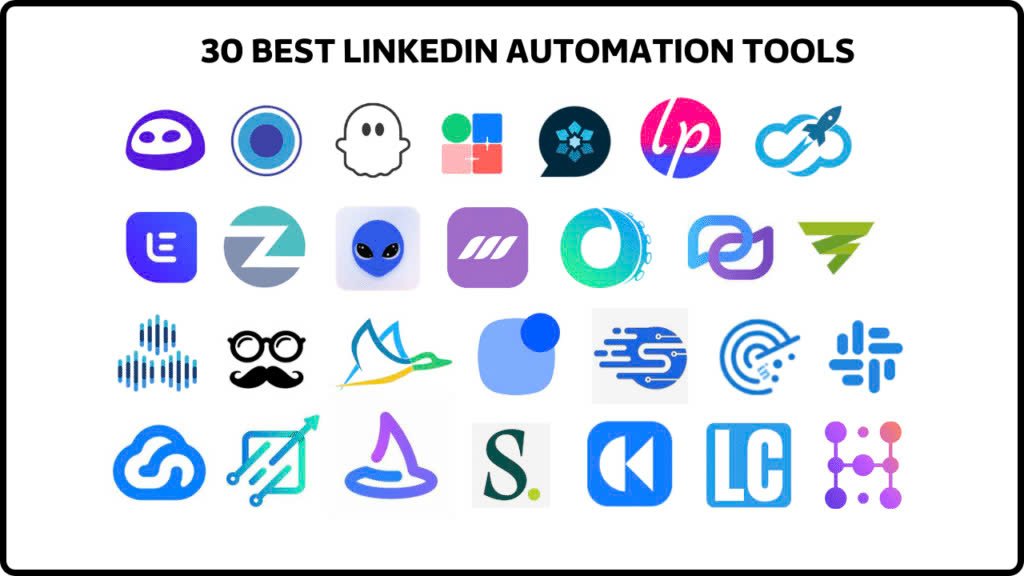
In today’s digital age, LinkedIn has become one of the most powerful platforms for B2B lead generation. With over 900 million professionals on the platform, LinkedIn offers businesses a unique opportunity to connect with decision-makers, nurture leads, and ultimately drive conversions. If used correctly, LinkedIn can be a game-changer for your B2B lead generation strategy.
In this article, we’ll explore best practices for leveraging LinkedIn to grow your business and generate quality leads.
Why Use LinkedIn for B2B Lead Generation?
LinkedIn is a professional networking site designed to facilitate business connections. Unlike other social media platforms, it’s primarily focused on the professional world, making it the go-to space for B2B marketing and lead generation. Here’s why it’s so effective:
- Targeted Audience: LinkedIn users are professionals, including decision-makers, executives, and industry experts, which makes it ideal for reaching key stakeholders.
- Data-Driven Targeting: LinkedIn’s advanced search and targeting tools allow you to filter potential leads based on job title, industry, company size, and location, ensuring you’re reaching the right people.
- Content Distribution: LinkedIn enables you to share thought leadership content, build brand awareness, and nurture relationships through posts, articles, and direct messaging.
Best Practices for LinkedIn B2B Lead Generation
1. Optimize Your Profile
Your LinkedIn profile is often the first impression potential leads will have of your business, so it’s essential to optimize it for lead generation. Here’s how:
- Professional Headline: Use a clear, concise headline that highlights your expertise and value proposition.
- Profile Summary: Write a compelling summary that outlines how your business solves problems for your target audience. Make sure to include relevant keywords like “B2B lead generation” or your specific industry focus.
- Call to Action (CTA): Include a strong CTA at the end of your profile summary, inviting prospects to connect, schedule a meeting, or visit your website.

2. Leverage LinkedIn Search and Filters
LinkedIn’s advanced search features allow you to narrow down your audience using filters such as job title, industry, location, and company size. To maximize the effectiveness of your search:
- Use Boolean search techniques (e.g., “marketing AND director”) to find highly specific prospects.
- Filter your search results by location, industry, and job function to target decision-makers in your niche.
Once you’ve identified your target accounts, you can use LinkedIn’s Sales Navigator for even more precise targeting, making it easier to build lists of potential leads.

3. Share Valuable Content Regularly
LinkedIn is a platform for thought leadership, and regularly posting valuable, industry-specific content can help position you as an authority in your field. Here are some tips:
- Create Thought Leadership Articles: Write in-depth articles that showcase your expertise and provide actionable insights. These articles can help you gain credibility and attract leads.
- Engage With Followers: Respond to comments on your posts and engage in discussions to build relationships with your audience.
- Use Video Content: Video is an engaging way to share content. Consider using short, informative videos that explain complex ideas or showcase how your products or services solve pain points.
4. Join and Participate in LinkedIn Groups
LinkedIn Groups are communities where professionals in the same industry or with similar interests come together to share ideas and discuss trends. Joining relevant LinkedIn Groups allows you to:
- Engage With Your Target Audience: Contribute to conversations, answer questions, and share your expertise to build trust with potential leads.
- Promote Your Content: Share your blog posts, articles, and whitepapers within these groups to drive traffic to your LinkedIn profile or website.
By actively participating in these groups, you’ll increase your visibility and build connections with like-minded professionals who could become valuable leads.

5. Use LinkedIn InMail for Direct Outreach
LinkedIn InMail is a premium feature that allows you to send messages directly to people outside your network. Personalized outreach through InMail can help you establish direct contact with decision-makers. To maximize your InMail efforts:
- Personalize Each Message: Avoid sending generic messages. Research your prospect, mention their company or recent accomplishments, and explain why you’re reaching out.
- Be Concise: Keep your message short and to the point. Highlight how your business can solve their specific pain points and offer a clear call to action.
- Follow Up: If you don’t receive a response right away, follow up with a friendly reminder.
6. Run LinkedIn Ads
If you have the budget, LinkedIn Ads can be an effective way to boost your B2B lead generation efforts. LinkedIn Ads allow you to target specific audiences based on job title, industry, and company size, among other filters. Here are some ad formats to consider:
- Sponsored Content: Promote your posts to increase visibility and engagement.
- Lead Gen Forms: These ads include pre-filled forms that make it easy for users to share their contact information, helping you capture leads directly on LinkedIn.
- Sponsored InMail: Send personalized messages directly to your target audience’s inbox with Sponsored InMail ads.
To ensure a high ROI, track and optimize your ad performance regularly using LinkedIn’s analytics tools.
7. Nurture Leads with LinkedIn Automation Tools
Once you’ve connected with potential leads, it’s important to nurture them. LinkedIn automation tools like Dripify or Expandi can help you schedule follow-ups and manage your outreach more efficiently. However, be careful to balance automation with personalization. While automation can save time, personalized engagement remains key to building strong relationships.

Measuring LinkedIn Lead Generation Success
To measure the success of your LinkedIn lead generation efforts, track the following key metrics:
- Connection Requests Sent and Accepted: Monitor how many connection requests you’re sending and the acceptance rate to ensure you’re reaching the right audience.
- Engagement Rate: Track the likes, shares, and comments on your posts to gauge audience interest.
- InMail Response Rate: Measure how often your direct outreach via InMail results in a response.
- Leads Generated: Keep track of the number of leads that come directly from LinkedIn activities, such as profile views, content shares, and ad clicks.
Regularly reviewing these metrics will help you identify what’s working and where you can improve.
Conclusion
LinkedIn is a powerful tool for B2B lead generation, offering businesses the ability to connect with key decision-makers, share valuable content, and build relationships. By following these best practices—optimizing your profile, leveraging LinkedIn’s search features, sharing relevant content, and using InMail and LinkedIn Ads—you can significantly boost your lead generation efforts and grow your business.
Ready to unlock the full potential of LinkedIn for your B2B lead generation strategy? Start implementing these tips today, and watch your network—and your leads—grow.